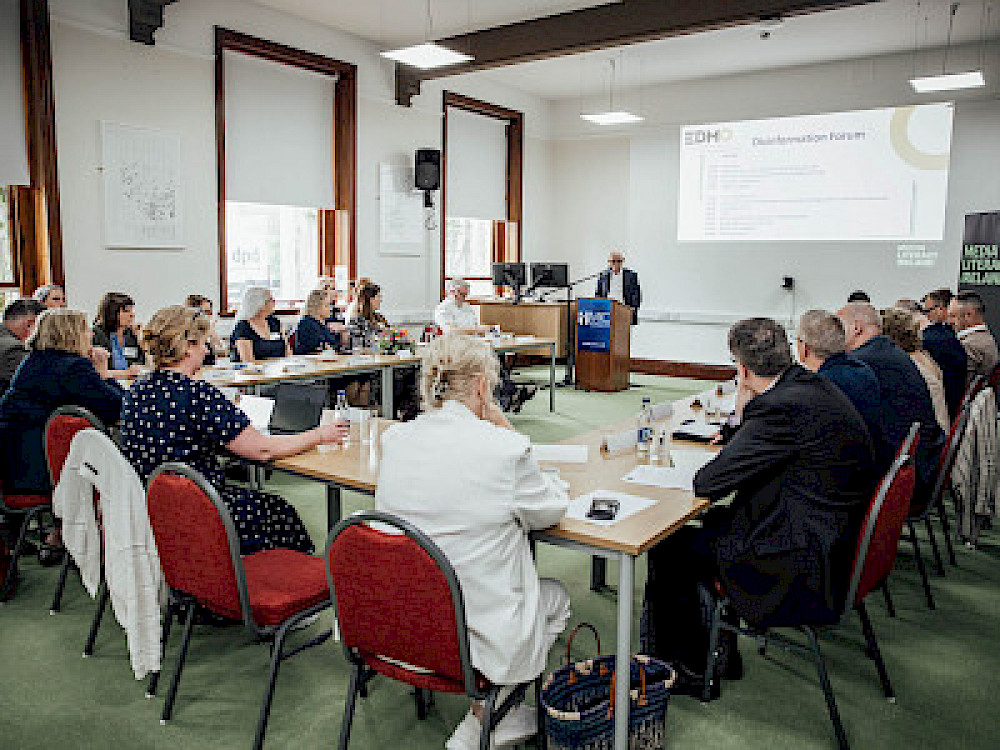On 13 February 2025, the European Commission and the European Board for Digital Services formally endorsed the integration of the Code of Practice on Disinformation into the regulatory framework of the Digital Services Act (DSA)—a significant milestone in the EU’s efforts to combat online disinformation while promoting transparency and safeguarding freedom of expression.
The DSA regulates online intermediaries and platforms such as marketplaces, social networks, content-sharing platforms, app stores, and online travel and accommodation platforms. Its main goal is to prevent illegal and harmful activities online and the spread of disinformation. It ensures user safety, protects fundamental rights, and creates a fair and open online platform environment. The regulation also provides for the recognition of Codes of Conduct to support compliance with its obligations, particularly for Very Large Online Platforms (VLOPs) and Very Large Online Search Engines (VLOSEs).
First launched in 2018 and significantly reinforced in 2022, the Code of Practice on Disinformation is a multi-stakeholder initiative involving online platforms, advertisers, fact-checkers, researchers, and civil society organisations. In January 2025, signatories to the Code submitted the necessary documentation to request its formal recognition under the DSA. Following a joint assessment by the European Commission and the European Board for Digital Services, it was deemed to meet the legal and procedural criteria for official status.
The Code’s commitments will become auditable from 1 July 2025, marking a shift toward a co-regulatory model that integrates voluntary industry standards into the EU’s binding regulatory framework. While this development is a positive step for transparency and platform accountability, there are emerging concerns about how effectively the DSA’s compliance system can deliver the level of oversight required.
Dr. Eileen Culloty, FuJo's Deputy Director, has been actively involved in developing and assessing the Code as an academic signatory. She addressed some of the challenges ahead during a panel discussion on the DSA, including the potential role and difficulties for initiatives such as EDMO (European Digital Media Observatory) to monitor the Code, and the uncertain future of factchekcing supports if the European Commission accepts community notes.
Related Projects

In 2018, the European Commission convened representatives of major technology firms and the online advertising industry to develop a voluntary framework of industry self-regulation to fight disinformation. Under the Code of Practice, they committed to curbing disinformation and improving their online policies. The Broadcasting Authority of Ireland (BAI) commissioned FuJo to undertake research for three reports on the implementation of the Code: Elect Check (2019) assessed the online libraries...





